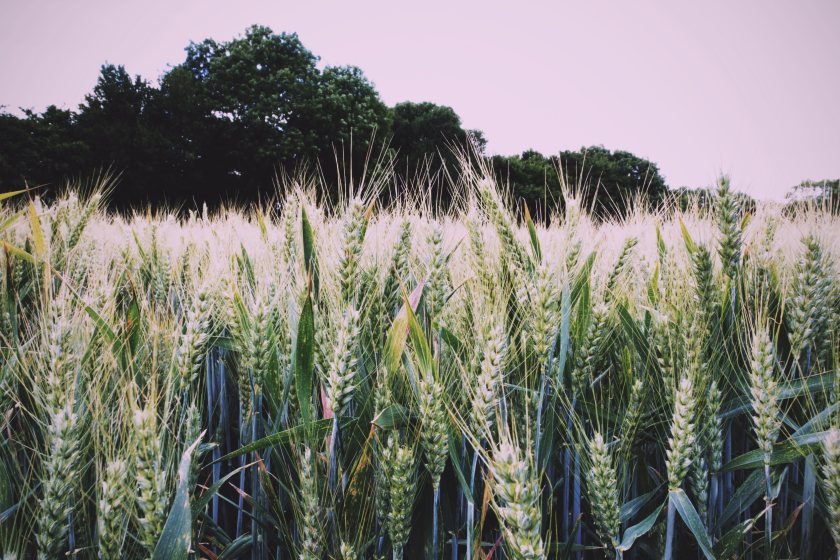
AHDB has published new Recommended Lists that includes over 40 new varieties in a bid to help farmers cope with uncertainty when deciding what to plant.
The online edition of the RLs for cereals and oilseeds 2025/26, published by the levy organisation this week, delivers mainstream and niche varieties.
It includes several eye-catching additions that will likely have wide appeal, as well as new varieties that target regional and niche situations.
For the second year running, a new UKFM Group 1 variety has been added to the winter wheat recommended list.
AHDB said the inclusion of two new high-yielding UKFM Group 3 winter wheat varieties may help reverse the fortunes of this market segment.
Most new additions to the winter oilseed rape list have regional recommendations, which reflect the greater regional variation in performance in this crop, compared with cereals.
And following feedback from the latest RL review, the lists also continue to adapt, the levy organisation said.
This includes changes to the recommendation processes, such as the introduction of new target specifications for diseases across all crops and increased importance for untreated yield.
The new lists also see a big influx of varieties with a specific recommendation for resistance or tolerance to Barley yellow dwarf virus (BYDV), featuring five new winter barley varieties and one new winter wheat variety with this characteristic.
The spring barley list includes disease resistance ratings for net blotch for the first time.
Paul Gosling, who manages the RLs at AHDB, said farmers wanted robust varieties that helped de-risk their businesses.
"Breeders work hard to deliver new varieties to satisfy this demand," he explained.
"When coupled with the changes to the recommendation processes, the lists now feature varieties that deliver more diverse and stronger genetics.
"It is no longer about dirty, barn-filling varieties dominating the lists: it is about providing choice that meets the needs of the RL’s diverse users.”
The online RL 2025/26 tables and comments on all new varieties can be accessed online, with the booklet edition available in January 2025.
